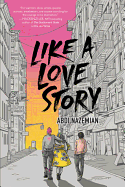 |
| photo: Katya Dow |
David R. Dow is the Cullen Professor of Law at the University of Houston and the Rorschach Visiting Professor of History at Rice University. He teaches constitutional law and legal history and also runs a death penalty clinic. He and his team have represented more than 100 death row inmates over the past 25 years. His first memoir, The Autobiography of an Execution, was a finalist for the National Book Critics Circle Award and the winner of the Barnes & Noble Discover Award for nonfiction. Confessions of an Innocent Man (Dutton, April 9, 2019) is his first novel.
On your nightstand now:
I am going to have to use the word "on" rather loosely, because I have books on the floor, on a table and on a window sill. At the moment they include: Lisa Halliday's Asymmetry (I actually just finished this novel, and once I finish rereading the dog-eared pages, it will make its way back to our library), You Know You Want This by Kristen Roupenian and The Immortalists by Chloe Benjamin. The lattermost was recommended by someone who read a memoir of mine called Things I've Learned from Dying, and this reader sent me an e-mail out of the blue suggesting Benjamin's novel, and now that I am 50 or so pages into it, I am going to read every book that e-mail correspondent recommends. I also have a well-worn copy of Wallace Stevens's The Palm at the End of the Mind, a book of poems I've read probably 20 times. I'm always in the middle of several books of nonfiction. At the moment, they include Peter Hoffer's Uncivil Warriors, which is about lawyers during the Civil War; David Stipp's A Most Elegant Equation, about the mathematician Leonhard Euler's formula that is sometimes called God's equation (e i p+ 1 = 0); Jill Lepore's history of the U.S., These Truths; and Jim Holt's When Einstein Walked with Gödel, a beautiful book about physics and philosophy and mathematics and a nice reminder to me of what a fool I once was to think I could be a mathematician.
Favorite book when you were a child:
Probably Huck Finn, but I also really loved the Encyclopedia Brown stories and a biography of Sandy Koufax. As an adult, though, the favorite books I liked reading to our son were Goodnight, Moon (when he was really little) and Green Eggs and Ham (when he was a bit older). I think it is impossible to overstate the genius of Dr. Seuss.
Your top five authors:
The answer to this question will change by the time I finish saying it. But at the moment, if you'll allow me six, my favorite novelists are probably Cormac McCarthy and Zadie Smith. My favorite poets are probably Stevens and Pablo Neruda. My favorite historian at the moment is Doris Kearns Goodwin; every elected official in America should be required to read Team of Rivals. And my favorite science writer is James Gleick. I find science writing to be impossibly difficult, and I don't think anyone is better than Gleick.
Book you've faked reading:
Oh my, I am too old to fake reading books. But I am willing to admit to books I am slightly embarrassed not to have read. They include practically all of Shakespeare's comedies--I just cannot get into them--and D.H. Lawrence, who has me falling asleep almost from page one. Also, while I devour David Foster Wallace's nonfiction, I gave up on Infinite Jest.
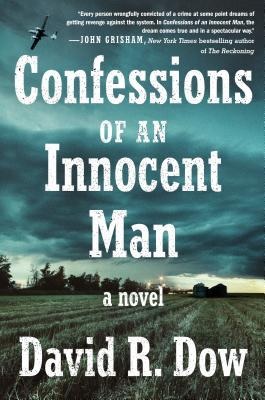 Book you're an evangelist for:
Book you're an evangelist for:
McCarthy's Blood Meridian, which I like more than I like the Border Trilogy (and I like those books a lot), and Frank Conroy's Body & Soul, which is way better than the professional critics said. If you like big Dickensian stories and also love music, try this book.
Book you've bought for the cover:
Body by Harry Crews. But I have no regrets. Great book.
Book you hid from your parents:
Are you kidding? My parents had five boys. They were very cool and adapted to anything. They gave me a book of dirty magazine cartoons for my bar mitzvah.
Book that changed your life:
I do not think there is just one book that has changed my life. But when I was in middle school, I was a debater, and for a while I competed in a category called Declamation which involved delivering a famous speech. I memorized Lincoln's Second Inaugural and John Brown's closing statement to the jury at his trial for treason before he was sentenced to be hanged. Even as a young boy, I knew those speeches were lessons in how to live life. Both Brown and Lincoln were abolitionists, of course, but while Lincoln was a statesman, Brown was a revolutionary. He told his kids to be good haters. As for Lincoln, his words are incapable of improvement: It may seem strange that any men should dare to ask a just God's assistance in wringing their bread from the sweat of other men's faces, but let us judge not, that we be not judged. The prayers of both could not be answered.
Favorite line from a book:
It's from the Talmud. In Hebrew it's Eh-zeh who ha'cham? Ha-melomed mi-kol adam. Who is wise? The person who learns from all humankind.
Runner-up is from James Baldwin's No Name in the Street: "People pay for what they do, and still more for what they have allowed themselves to become, and they pay for it, very simply, by the lives they lead." I actually had not read Baldwin until I read Dorothy Allison's Bastard Out of Carolina, and her epigraph for that novel came from Baldwin, so I read him next.
Five books you'll never part with:
A first edition of Cormac McCarthy's All the Pretty Horses; a copy of Pirke Avot (a compilation of ethical sayings from the Talmud) my father gave me when I graduated from law school; a book called The King's Two Bodies by Ernst Kantorowicz, which was a gift when I finished my M.A. in history from a mentor of mine; Lincoln by David Herbert Donald, because this list must absolutely positively include a Lincoln biography, and if I had to choose just one, it would be Donald's; and finally, Zbigniew Herbert's Collected Poems. But if that's cheating and counts as more than one book, then I'll say Herbert's Mr. Cogito, which is smart and funny and whimsical and new, every time I read it.
Book you most want to read again for the first time:
Faulkner's The Sound and the Fury, because on every reading, there is so much I missed before, it is as if I am reading it for the first time. I was giving a talk years ago at Ole Miss the day before Faulkner's estate, Rowan Oak, was reopening to the public. There was an all-night reading of Absalom, Absalom! and you really would be amazed, or maybe you wouldn't, by how many Faulkner nerds made the journey to Oxford, Miss., to participate in the reading. As a souvenir I bought a postcard with a photograph of Eudora Welty handing him the Nobel Prize.
Computer alerts you have set up to notify you of new books by writers you admire:
As soon as Jennifer Egan or Zadie Smith or my friend Tom Perrotta has a new book in the pipeline, I get a pop-up notification, and I'll be preordering it moments later, months in advance of publication.
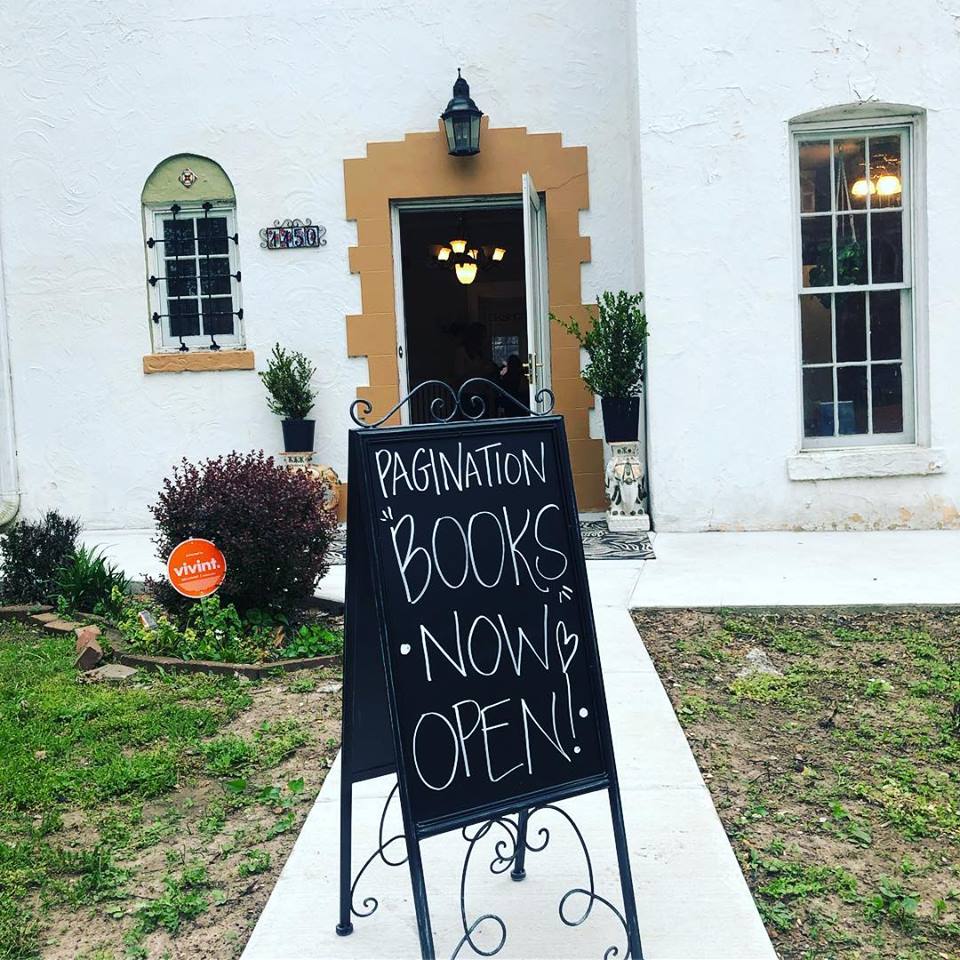 Pagination Bookshop opened Monday at 1150 E Walnut St. in Springfield, Mo., with an event featuring Debra Gwartney, author of I Am a Stranger Here Myself. Jennifer Murvin, co-owner with Kory Cooper, posted on Facebook Saturday: "This has been such a long journey, and Coop and I are so grateful to everyone who has helped us get here. We can't wait to celebrate with you.... I am in tears with gratitude. We love you--thank you, and we can't wait to be part of your lives and your bookshelves!" The bookshop is planning "a big bash to kick off our grand opening and Artsfest on Historic Walnut Street" on Friday.
Pagination Bookshop opened Monday at 1150 E Walnut St. in Springfield, Mo., with an event featuring Debra Gwartney, author of I Am a Stranger Here Myself. Jennifer Murvin, co-owner with Kory Cooper, posted on Facebook Saturday: "This has been such a long journey, and Coop and I are so grateful to everyone who has helped us get here. We can't wait to celebrate with you.... I am in tears with gratitude. We love you--thank you, and we can't wait to be part of your lives and your bookshelves!" The bookshop is planning "a big bash to kick off our grand opening and Artsfest on Historic Walnut Street" on Friday.









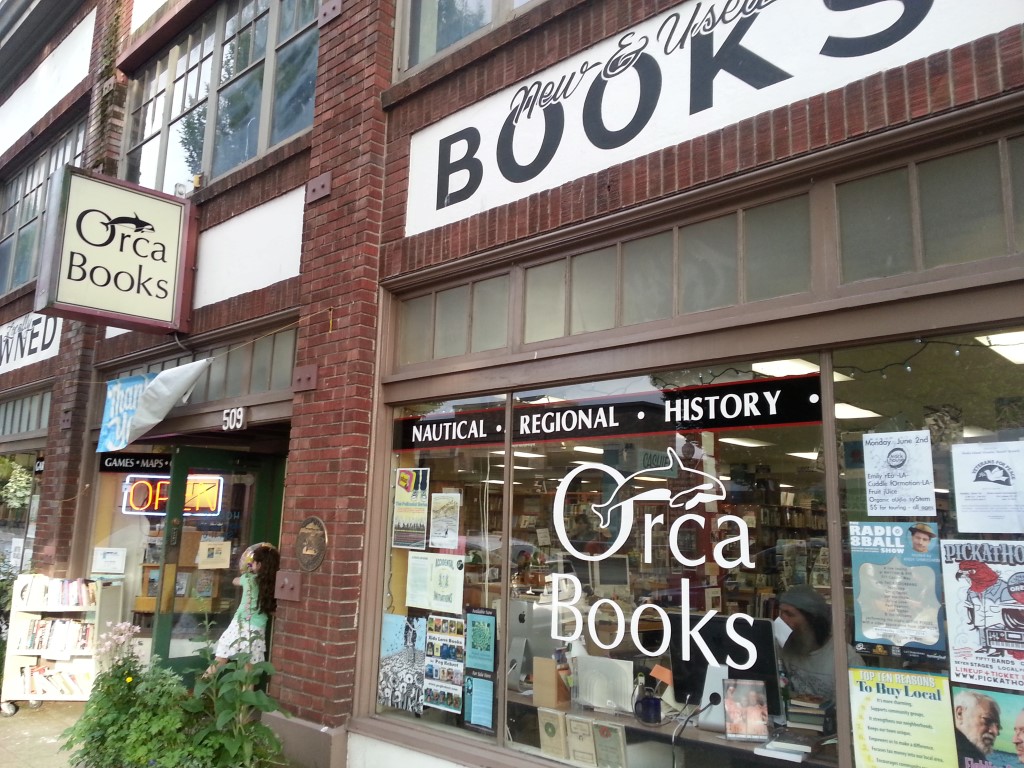 Linda Berentsen, owner of
Linda Berentsen, owner of 
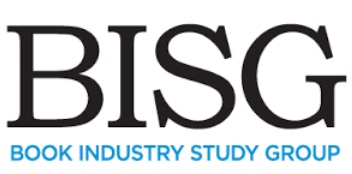 A major focus of the Book Industry Study Group's annual meeting last Friday in New York City was the paper and printing problems that resulted in booksellers having difficulty reordering many popular titles during the holiday season last year. Those problems were what Janet McCarthy Grimm, v-p of Lindenmeyr Book Publishing Papers, called "a perfect storm," which included paper shortages, fewer printing and binding machines for books, several company collapses, a shortage of qualified workers, trucking and warehouse shortages, all occurring when the printed book has had a resurgence and some titles were in very high demand.
A major focus of the Book Industry Study Group's annual meeting last Friday in New York City was the paper and printing problems that resulted in booksellers having difficulty reordering many popular titles during the holiday season last year. Those problems were what Janet McCarthy Grimm, v-p of Lindenmeyr Book Publishing Papers, called "a perfect storm," which included paper shortages, fewer printing and binding machines for books, several company collapses, a shortage of qualified workers, trucking and warehouse shortages, all occurring when the printed book has had a resurgence and some titles were in very high demand.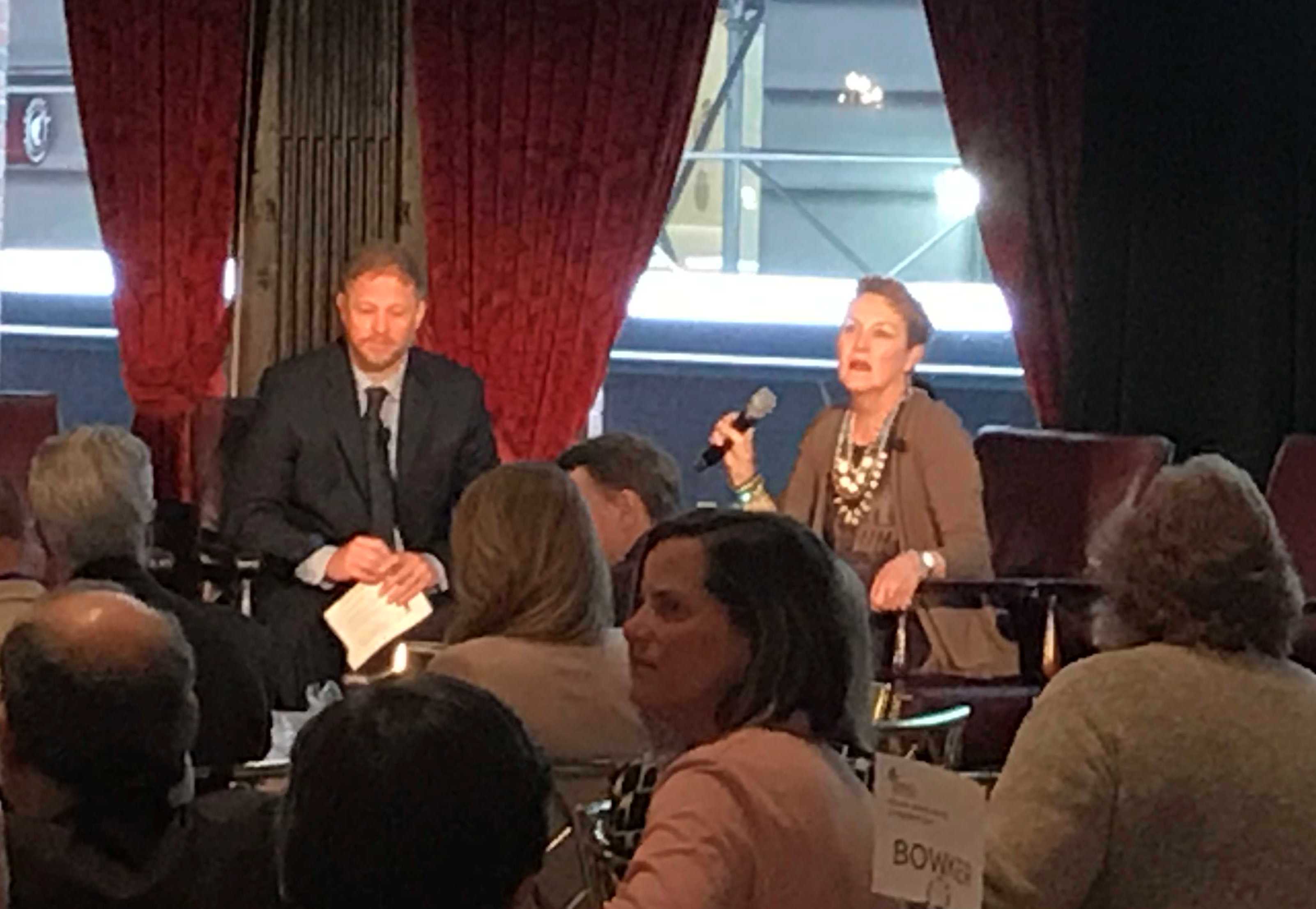

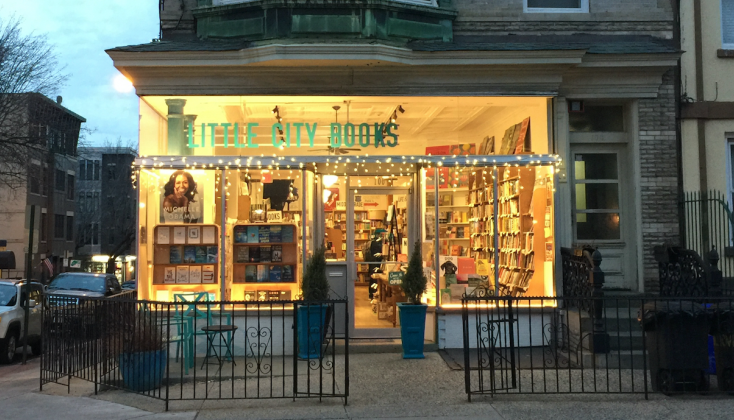 On Saturday, two men who said they were members of a Catholic group called American Society for the Defense of Tradition, Family and Property
On Saturday, two men who said they were members of a Catholic group called American Society for the Defense of Tradition, Family and Property  Borderlands Books
Borderlands Books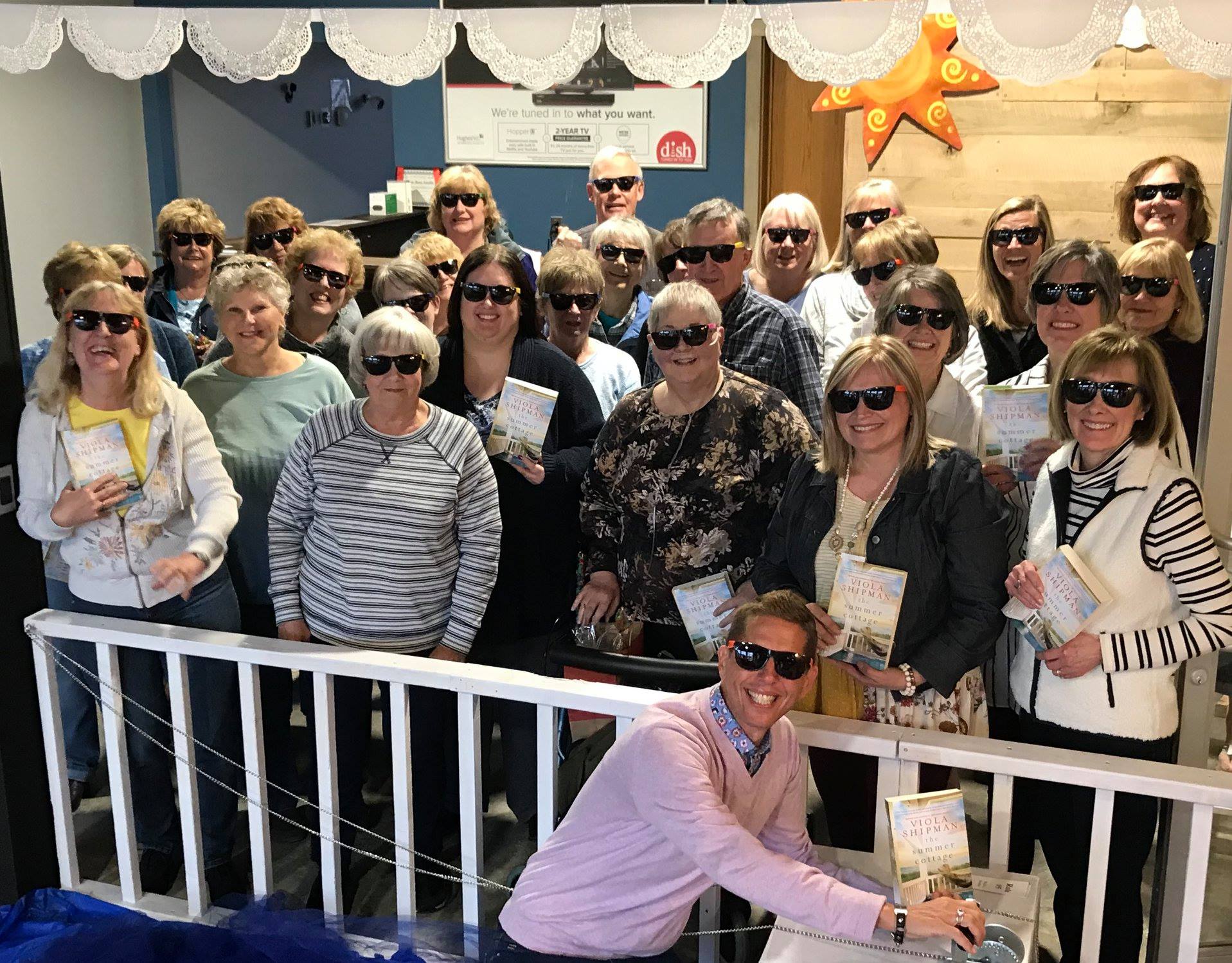
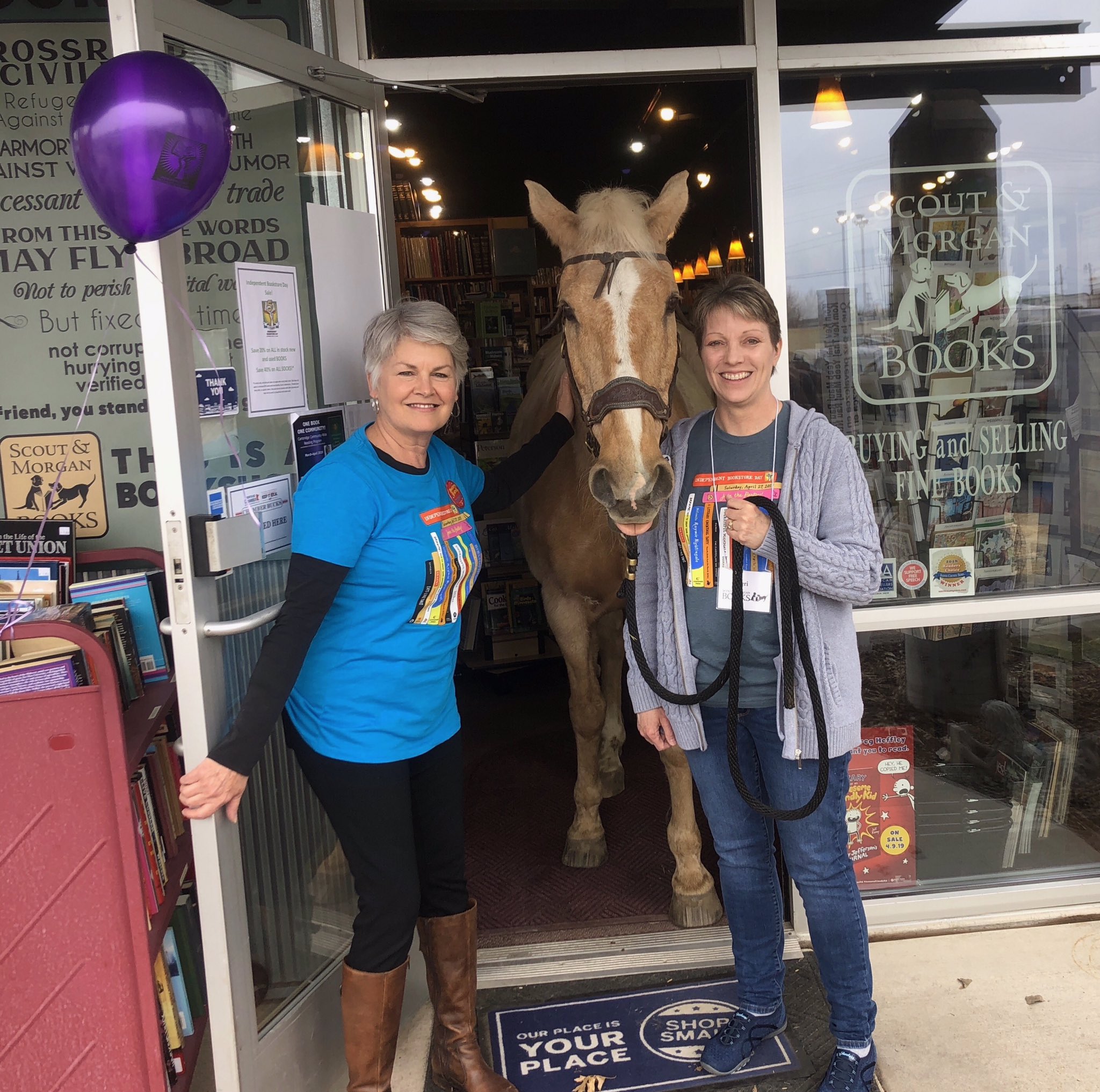
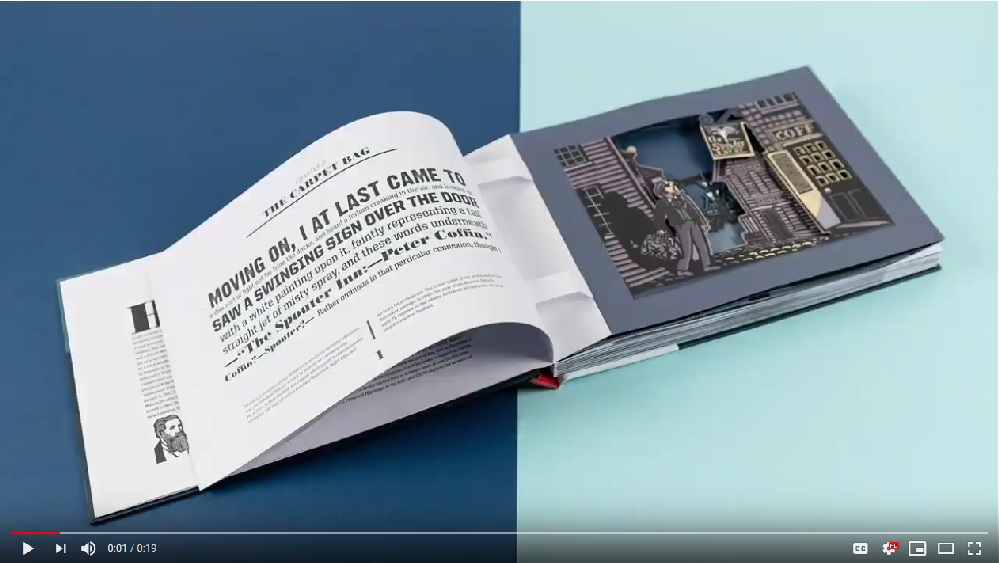 Moby-Dick: A Pop-Up Book from the Novel by Herman Melville
Moby-Dick: A Pop-Up Book from the Novel by Herman Melville
 Book you're an evangelist for:
Book you're an evangelist for: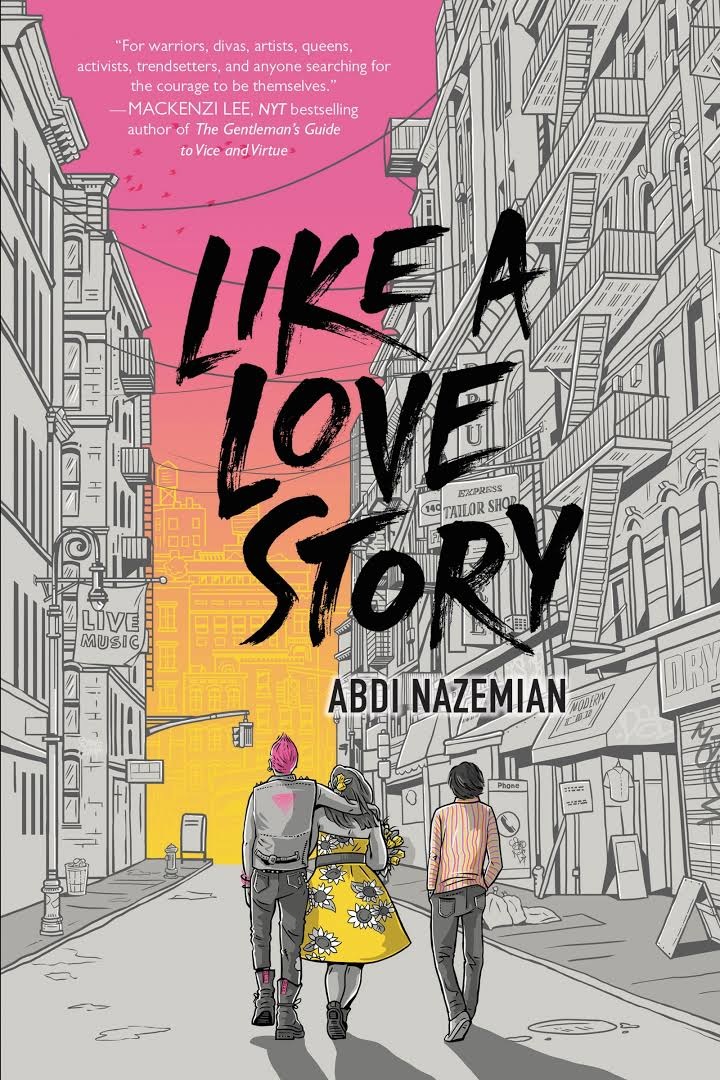 It's September of 1989, and Reza is beginning his senior year at a new school, having just moved to Manhattan from Toronto "by way of Tehran." His father is dead, and Reza's mother has remarried a wealthy Iran-born businessman. Reza has no intention of stepping out of the closet: he can't forget that he comes from a country that punishes homosexuals, and he doesn't want to make trouble for his mother's new marriage.
It's September of 1989, and Reza is beginning his senior year at a new school, having just moved to Manhattan from Toronto "by way of Tehran." His father is dead, and Reza's mother has remarried a wealthy Iran-born businessman. Reza has no intention of stepping out of the closet: he can't forget that he comes from a country that punishes homosexuals, and he doesn't want to make trouble for his mother's new marriage.